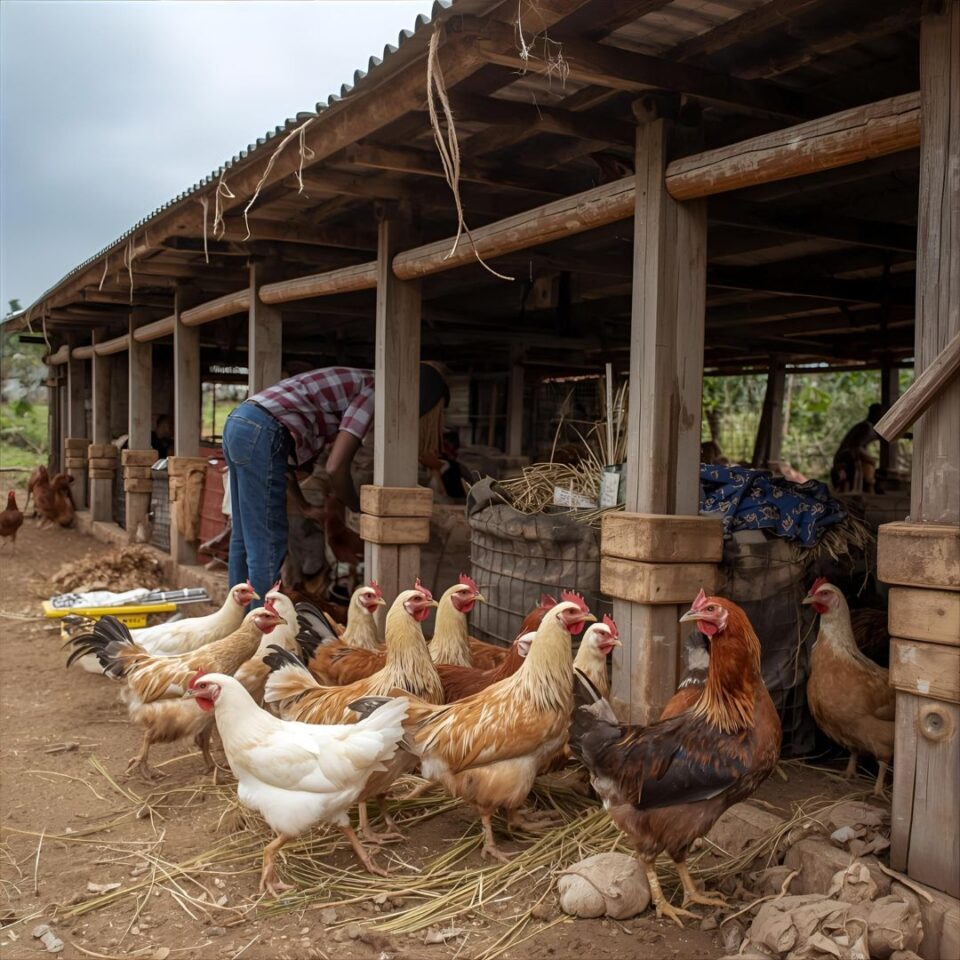Poultry farmers across Ghana are voicing growing frustration over the government’s silence regarding the long-anticipated Nkoko Nkitinkiti Project, which was scheduled to launch last month but has yet to commence. The delay has left thousands of farmers uncertain about their futures, with many warning of looming financial risks if clarity is not provided soon.
A Project Meant to Transform the Sector
The Nkoko Nkitinkiti Project was billed as a game-changer for Ghana’s agricultural landscape. Designed to support over 55,000 households nationwide and create thousands of jobs—particularly for young people—it seeks to reduce Ghana’s $300 million annual poultry import bill by boosting local production. The initiative promised to strengthen food security, empower farmers, and provide a long-term pathway toward self-sufficiency in poultry.
Farmers in Limbo
For farmers, however, timing is everything. Raising poultry is a cycle-based business that requires careful planning. Kwame Anim Somuah, president of the Greater Accra Poultry Farmers Association, stressed that the uncertainty surrounding the project is forcing farmers into a dangerous gamble.
“Without knowing when the project will start, farmers risk ending up with mature birds that cannot be sold, leading to financial hardship,” he explained. The lack of updates complicates not only day-to-day operations but also longer-term investment decisions.
Rising Costs and Import Pressure
The delay comes at a time when poultry producers are already under pressure from soaring feed and operational costs and stiff competition from imports. Ghana remains the second-largest consumer of poultry meat in West Africa, yet 80% of its chicken is imported, mainly from the US, EU, and Brazil.
Farmers argue that the Nkoko Nkitinkiti Project represents one of the few credible opportunities to reverse this dependency. But without progress, the sector risks further erosion, making Ghana even more vulnerable to external supply shocks and price volatility.
Call for Urgent Action
While government leaders have repeatedly described poultry development as central to Ghana’s agricultural strategy, farmers say the gap between promises and delivery is widening. They are calling for clear communication, realistic timelines, and proactive support to ensure the project’s benefits materialize.
For now, the silence around Nkoko Nkitinkiti is breeding uncertainty. As Somuah put it: “Farmers can’t wait indefinitely. We need clarity to plan, to invest, and to keep this sector alive.”



